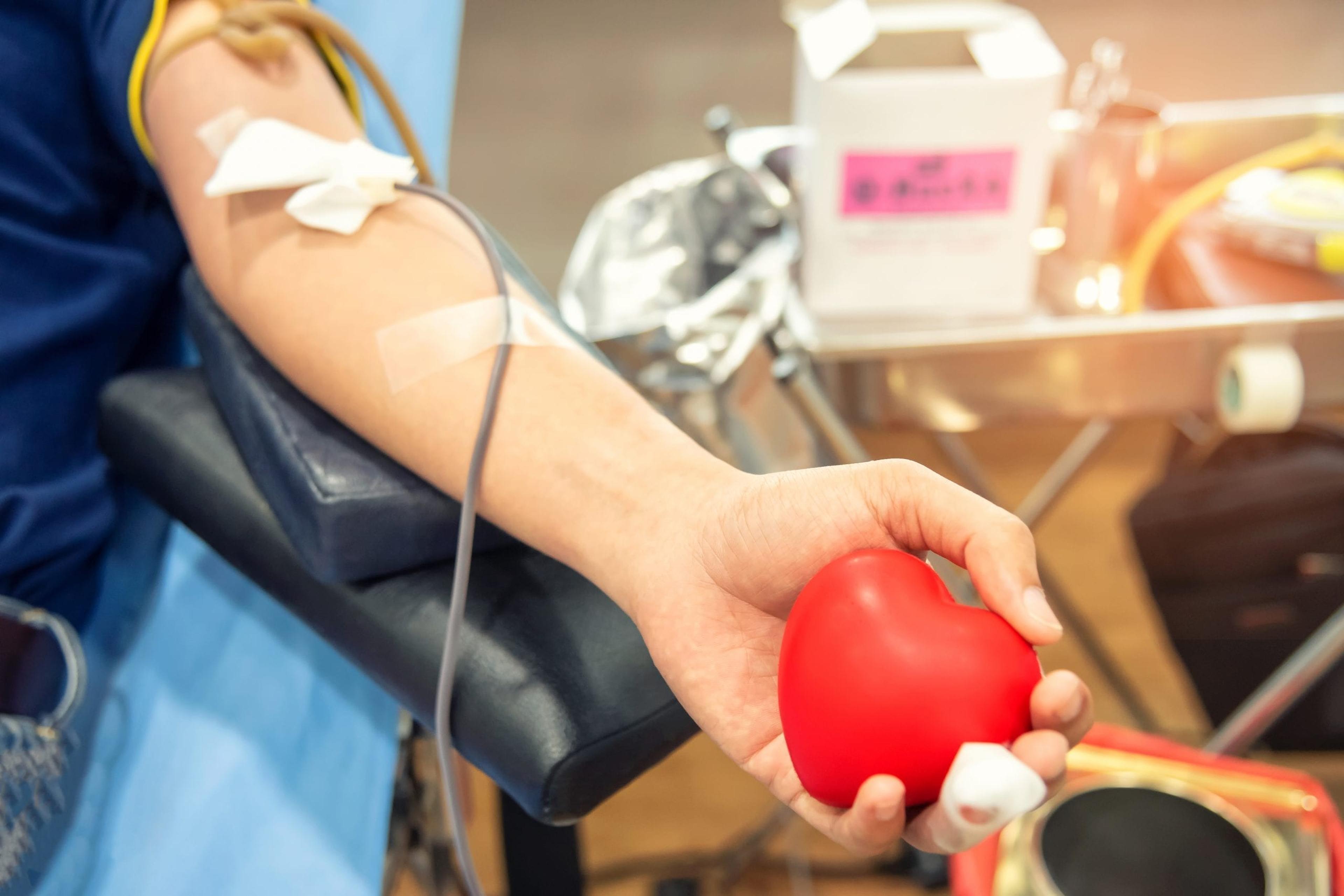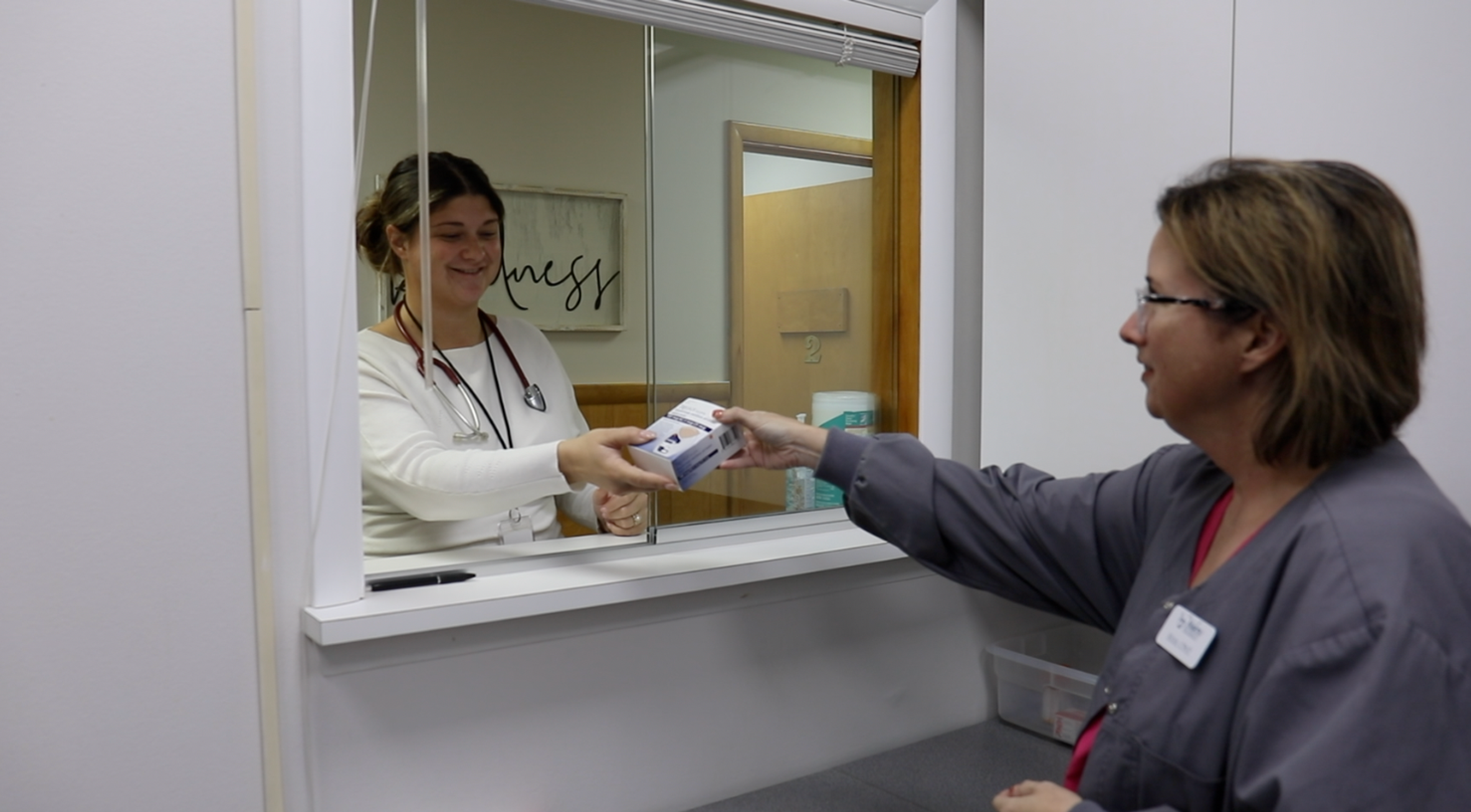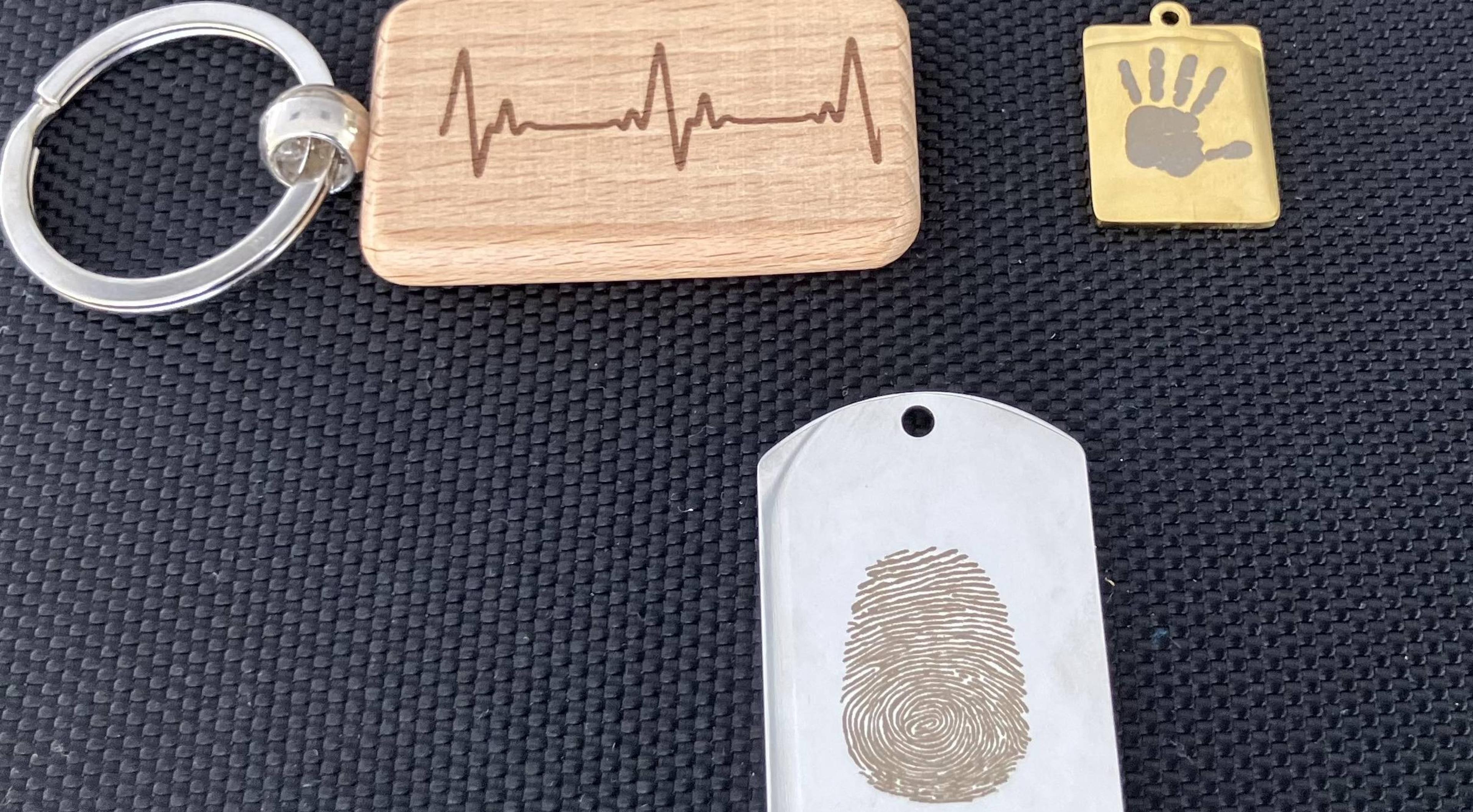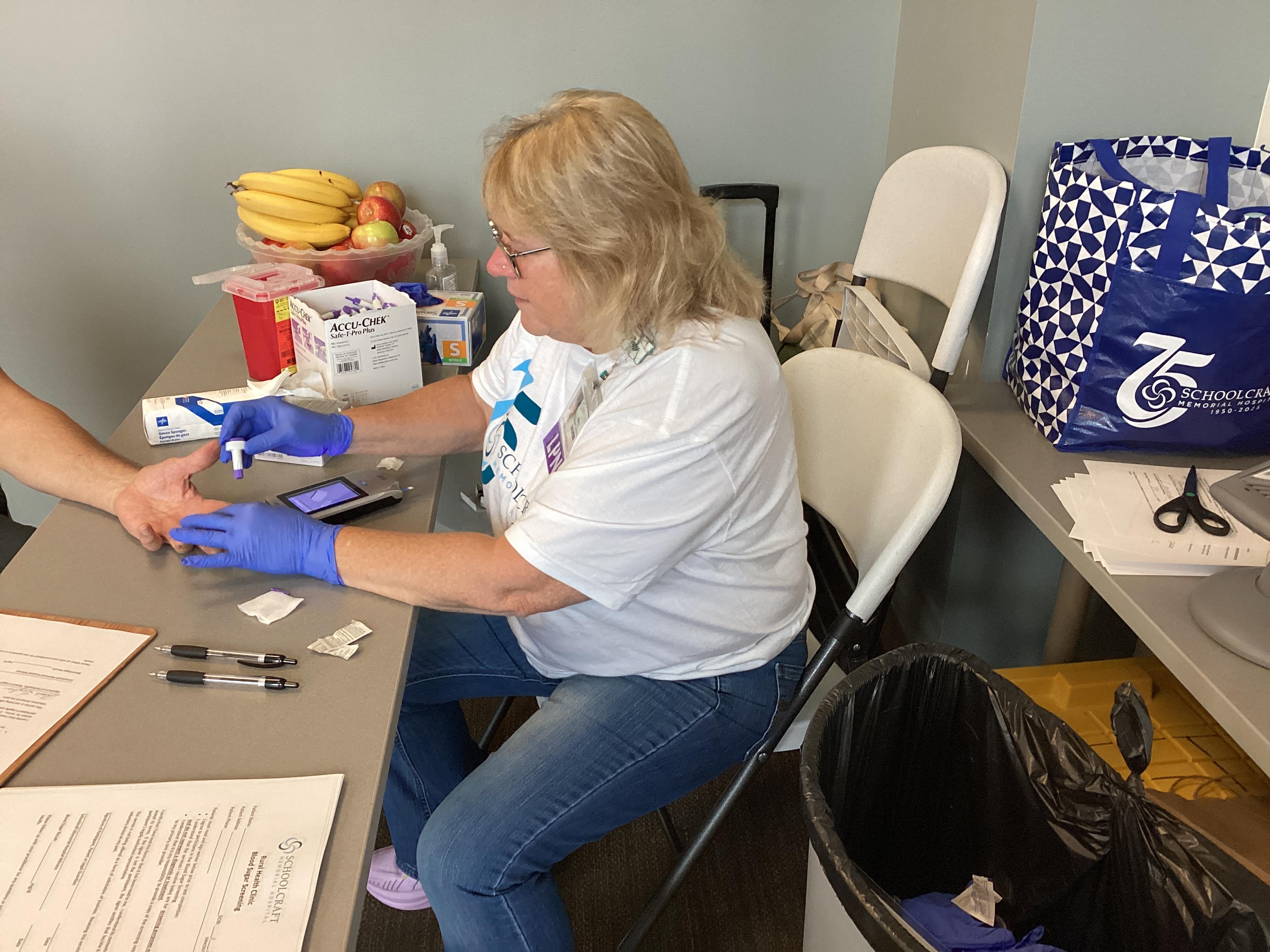
As of Oct. 12, more than136,000 cases of COVID-19 have been confirmed in Michigan residents. If you count yourself in that group and have fully recovered, hospitals and blood banks want you to consider donating plasma. According to the CDC, over 40,000 patients have received plasma treatment for COVID-19, but more eligible Americans are needed to donate.
Why donate?
You could help save a life. Plasma – the yellow, liquid part of blood – has antibodies, proteins that attack the body’s foreign invaders. If you’ve recovered from COVID-19, your plasma likely has antibodies to fight the virus. For people currently hospitalized with COVID-19, that plasma can be used to help them recover. In August, the Food & Drug Administration (FDA) issued an emergency use authorization allowing plasma to be used in the treatment of hospitalized patients with COVID-19. According to the FDA, plasma with COVID-19 antibodies may be effective in treating COVID-19, based on the available scientific evidence.
How do I donate plasma?
To donate plasma, you must be fully recovered from COVID-19 and symptom-free for at least 14 days prior to donating. There is no cost to donate, and the process is very similar to donating blood, with the same eligibility requirements. The biggest difference is that the blood collected during your donation undergoes a procedure called apheresis, which removes only the plasma. To donate plasma specifically to help other COVID-19 patients, you’ll need a prior COVID-19 diagnosis confirmed by a lab test. Check with your local blood bank for specific requirements they might have.
No history of COVID-19? Blood banks still want you to make an appointment to donate blood.
Blood drive cancelations due to the COVID-19 pandemic have meant a reduction in overall blood donations. Each blood donation you make can save up to three lives and blood is used every day to provide lifesaving treatments in Michigan hospitals. Scheduling a socially distant appointment to donate at a local or regional blood donor center can help ensure an adequate blood supply. Plus, some blood donation centers, such as Versiti and the Red Cross are testing all blood donations for COVID-19 antibodies, if you’ve been curious as to whether you might have been an asymptomatic carrier of the virus. Related:
Photo credit: Getty Images





